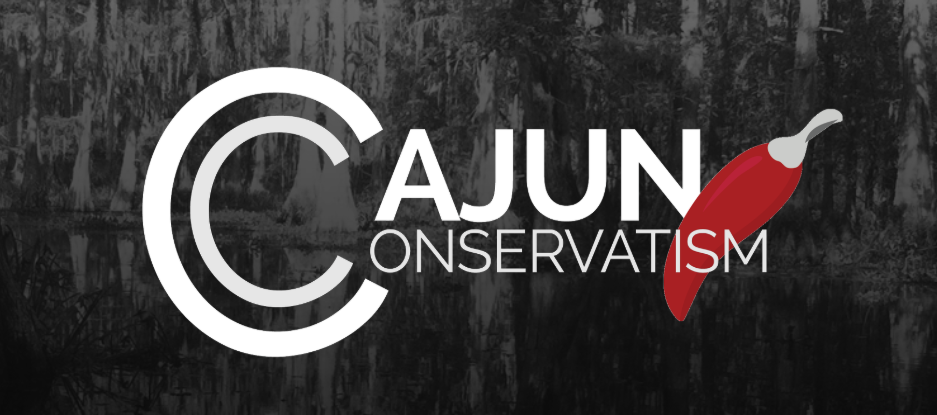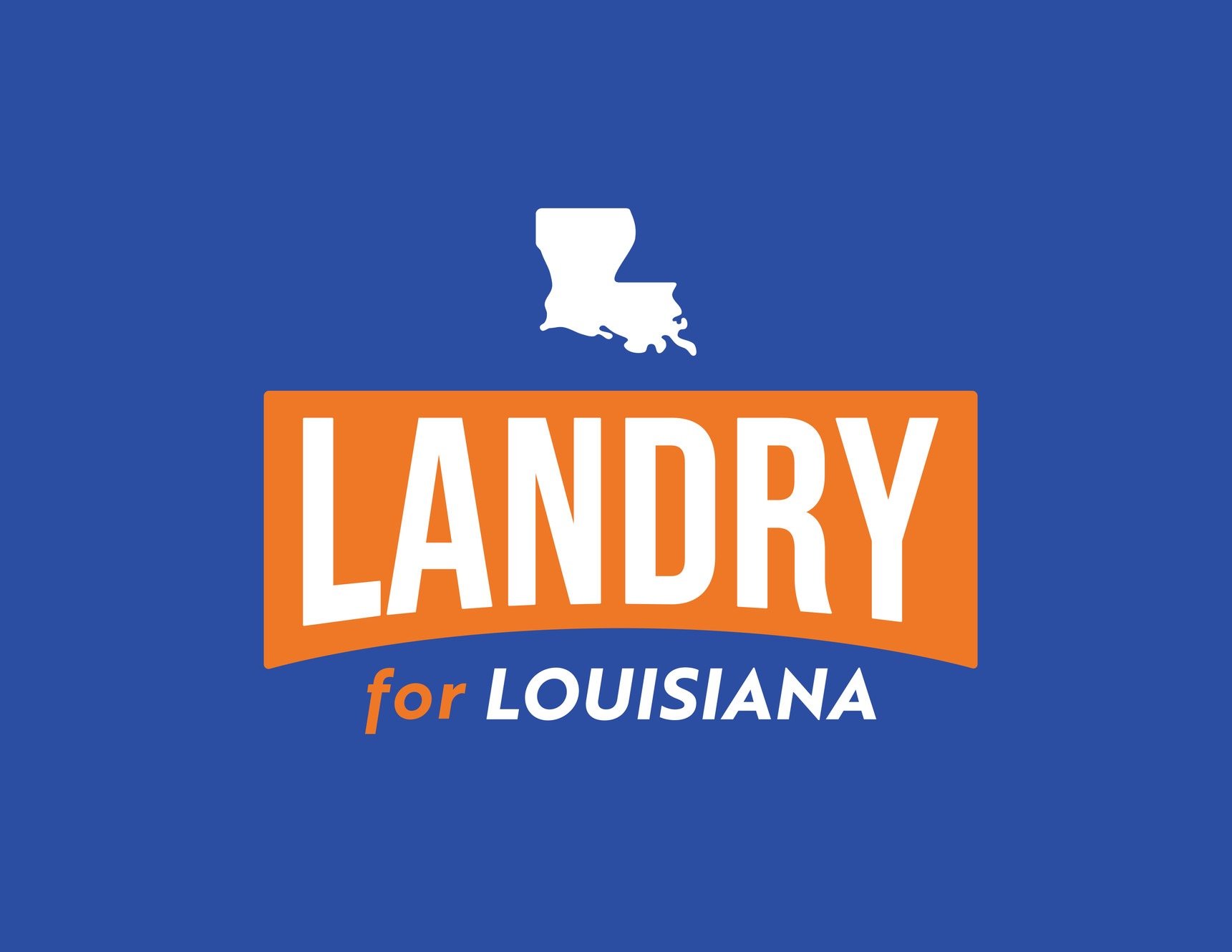The following was received in an email sent to the constituents for Rep. Clay Higgins today after his vote earlier this week against H.R. 4405, the Epstein Files Transparency Act.
This week, I've taken heat from all directions for being the lone "no" vote on H.R. 4405, the Epstein Files Transparency Act.
Truth: My stance hasn't wavered since the bill was first introduced back in July. Many highly respected journalists and legal analysts have stepped forward to confirm that my vote was rooted in principle, due process, and the rule of law. I have an obligation to honor my oath to the Constitution.
As introduced, my friend Thomas Massie's "Epstein Files Bill" failed to adequately protect the identities of victims and witnesses. Further, H.R 4405 abandoned 250 years of Constitutionally-sound criminal justice procedure.
After calm review, many distinguished editorialists agree:
Legal Expert Judge Andrew Napolitano on Newsmax:
"Even though he is the only person of 535 members of Congress to oppose this, he may very well have a point."
The News-Gazette Editorial Board:
"You can say one thing about Louisiana Republican U.S. Rep. Clay Higgins: He stands on principle. 'This bill reveals and injures thousands of innocent people - witnesses, people who provided alibis, family members,' he said. "This type of broad reveal of criminal investigative files, released to a rabid media, will absolutely result in innocent people getting hurt.' Higgins is right, of course. But politicians generally allow for such collateral damage when an avalanche is bearing down on them, and that's what happened here."
Washington Post Editorial Board:
"The lone congressional objector, Rep. Clay Higgins (R-Louisiana), has a point when he says this indiscriminate release 'abandons 250 years of criminal justice procedure in America' and could 'result in innocent people getting hurt."













